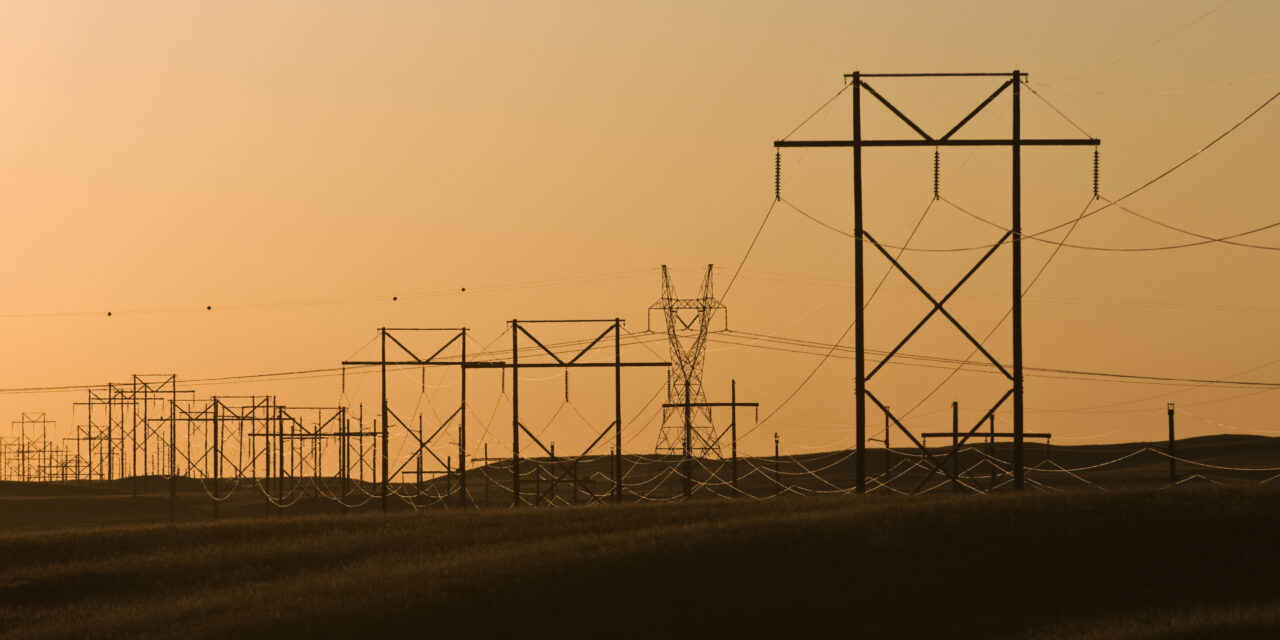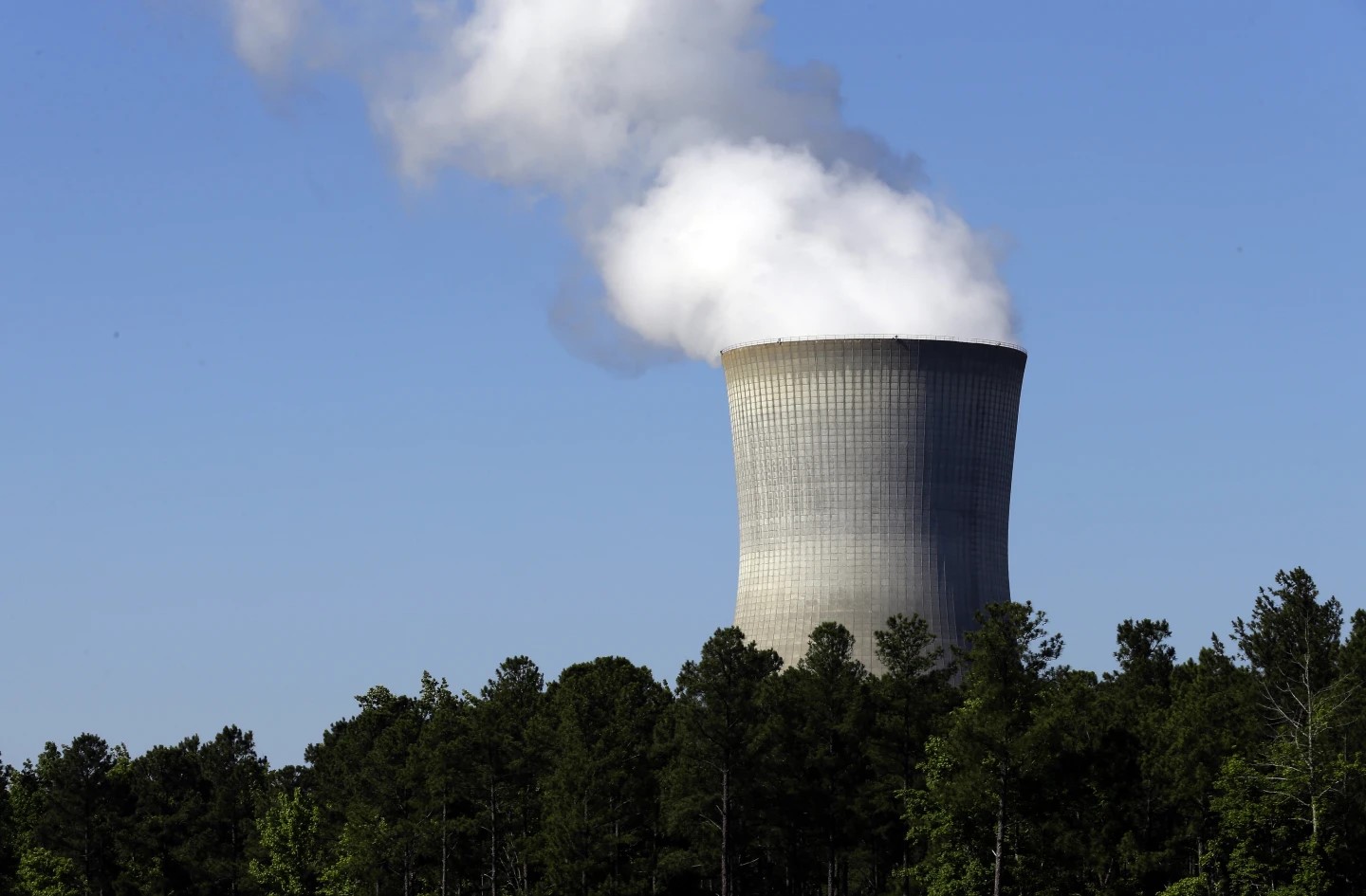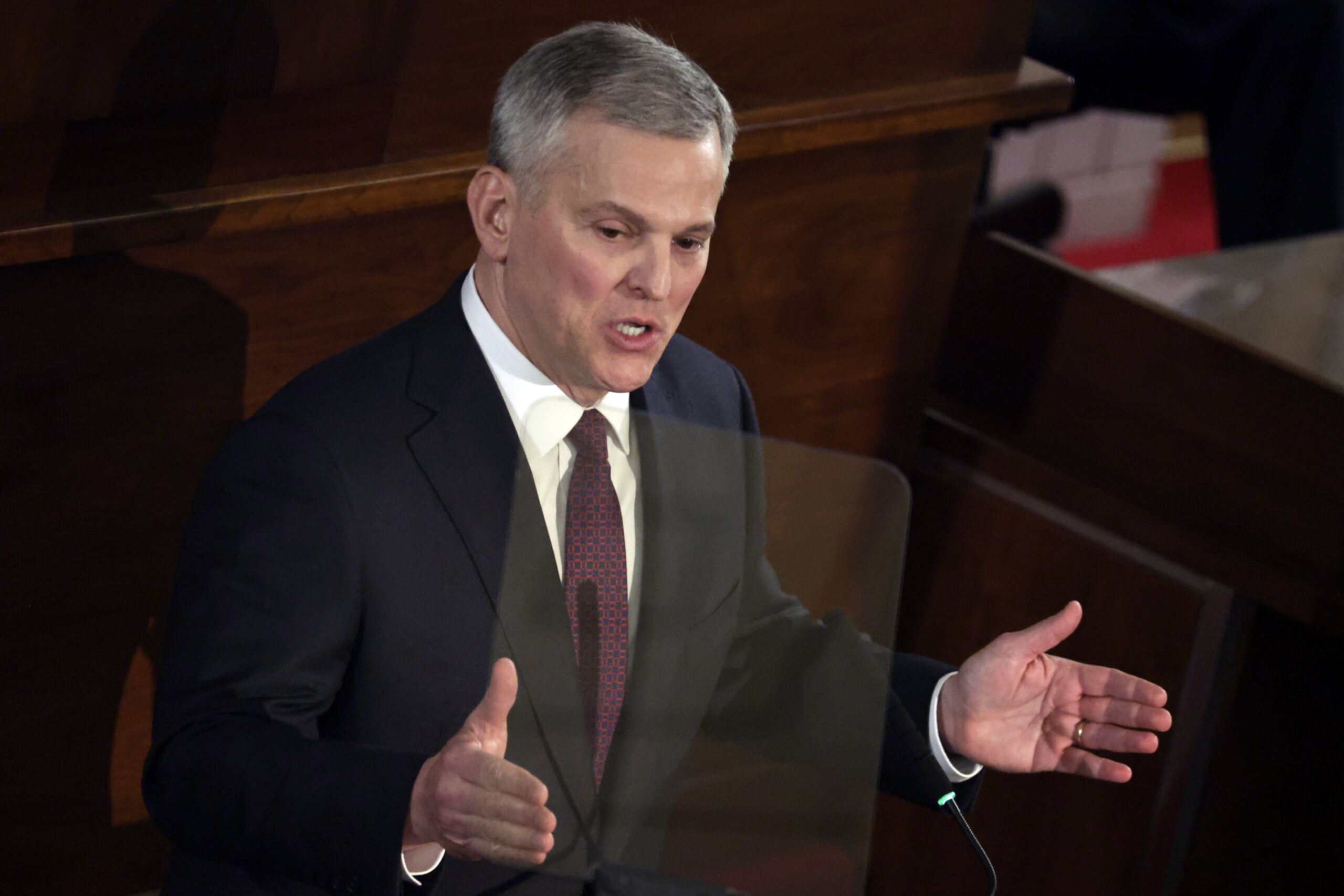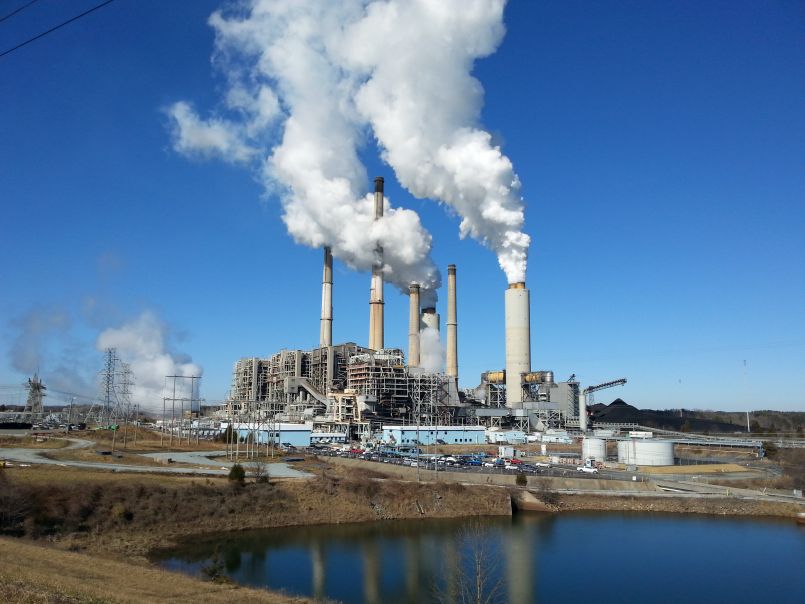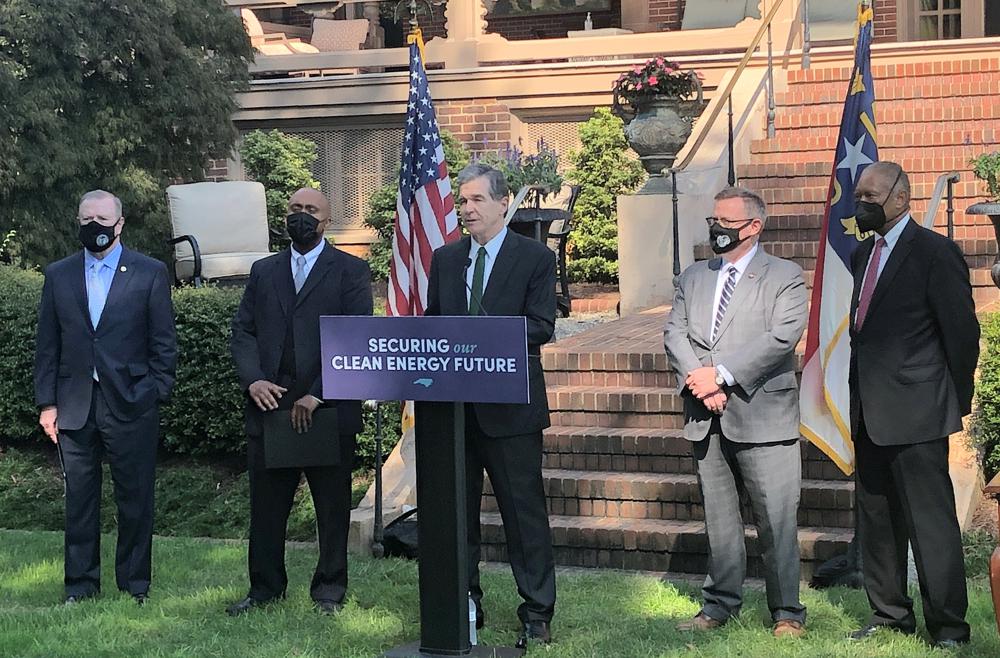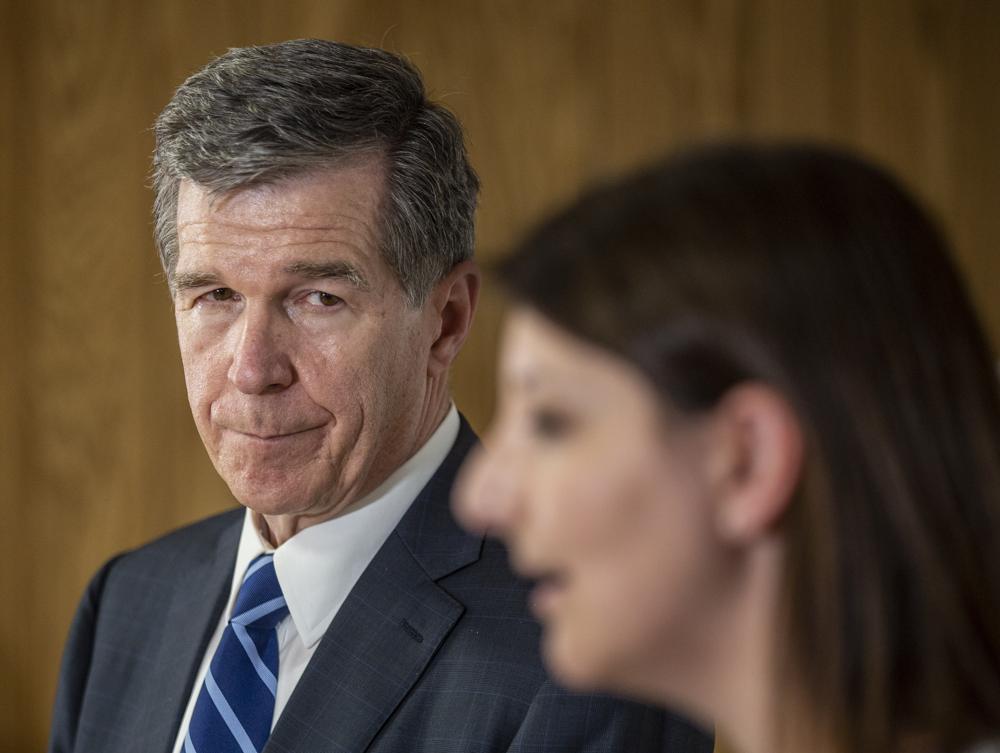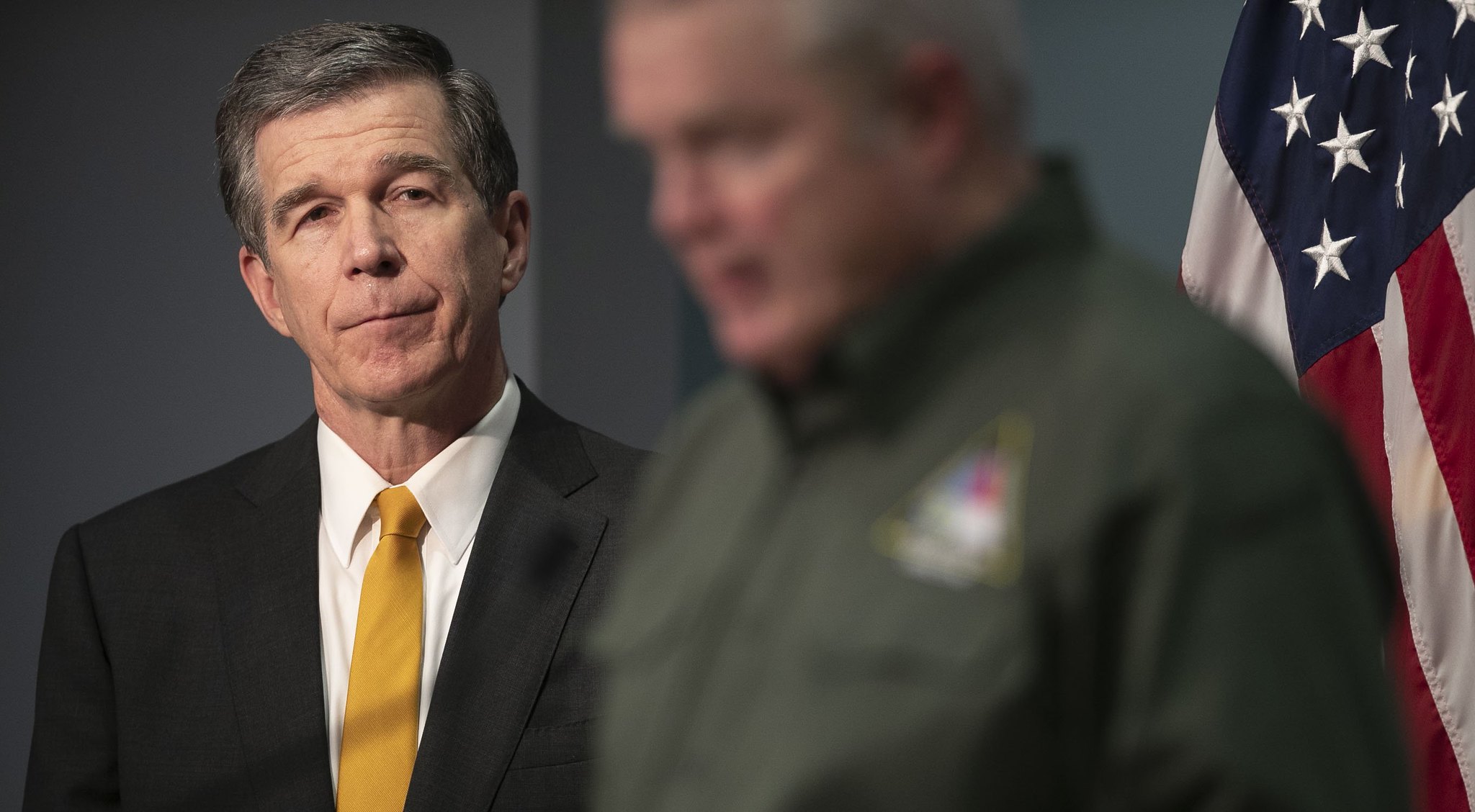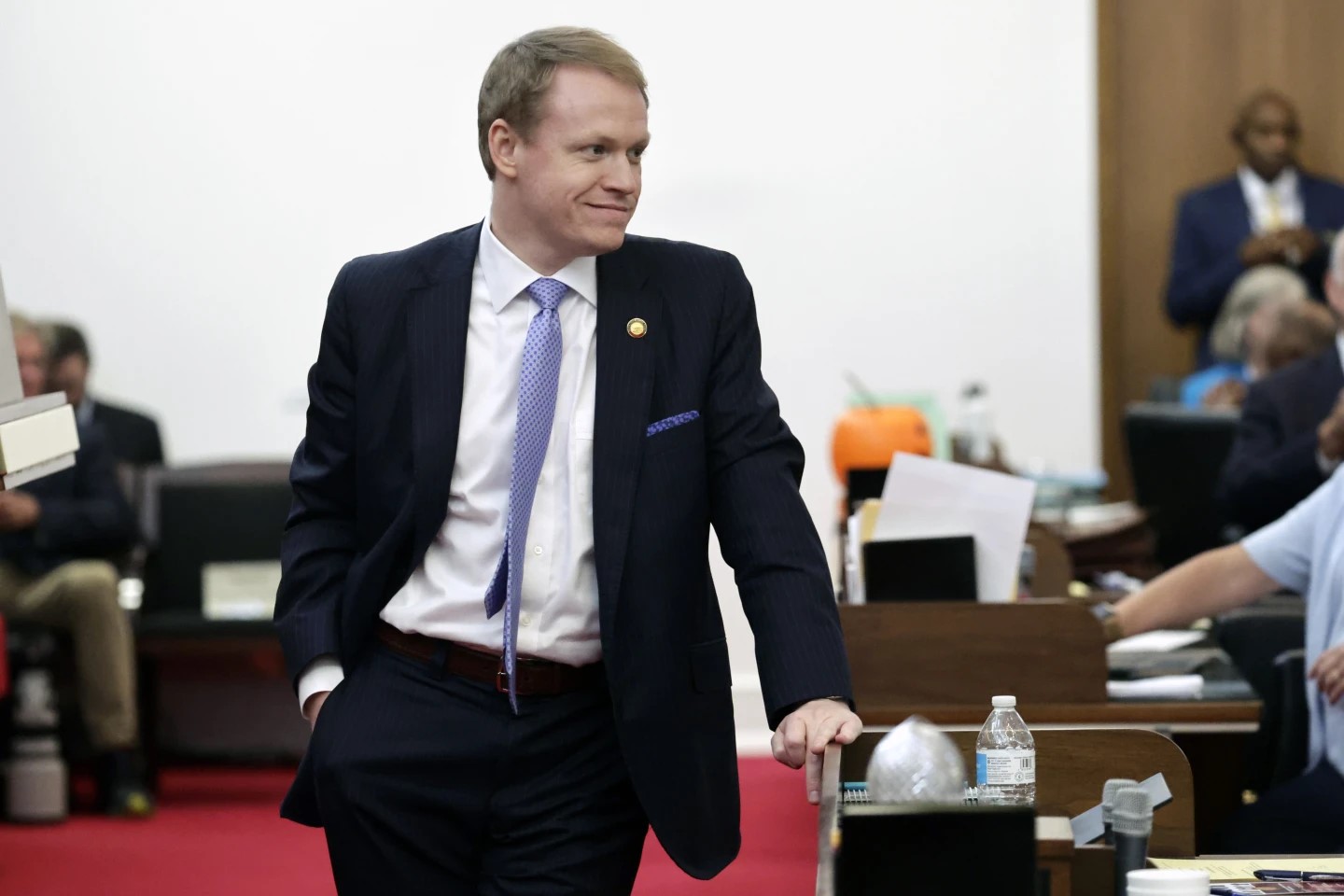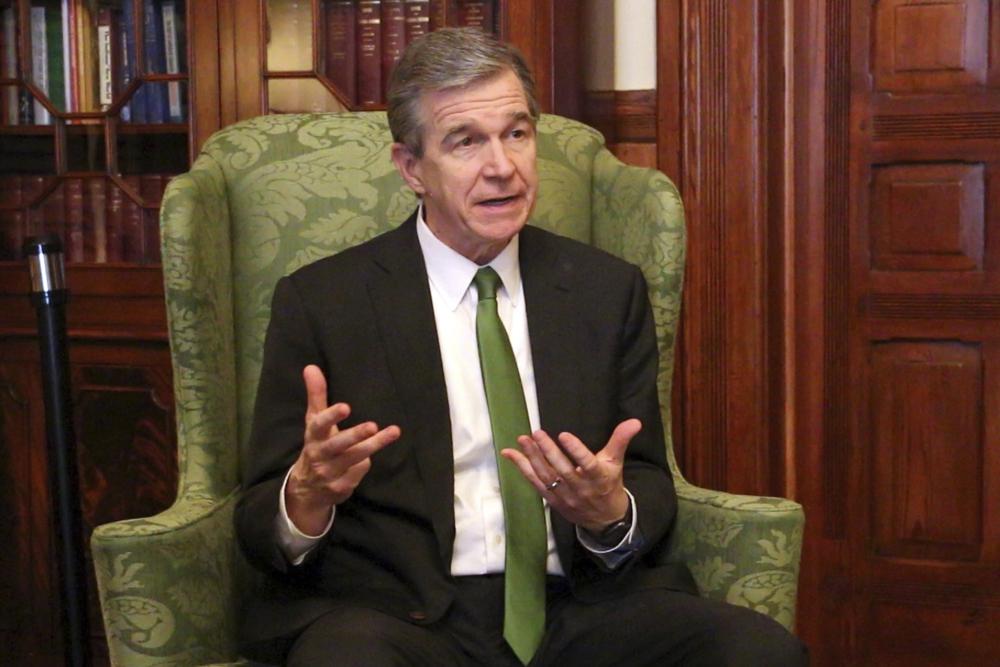Written by GARY D. ROBERTSON
A state regulatory panel agreed Tuesday to develop rules for North Carolina to meet proposed overall reductions of carbon dioxide emissions from power plants, and to join a multi-state effort to accomplish it.
The Environmental Management Commission voted 9-3 to carry out a petition from several environmental groups seeking a cap that reduces CO2 emissions over time, resulting in a 70% reduction by energy producers by 2030 when compared to 2005 levels.
The percentage matches Democratic Gov. Roy Cooper’s clean energy goals, which include producing zero-net CO2 emissions by 2050. The governor appoints a majority of commission members, with Republican legislative leaders picking the rest.
The petition also would set the stage for North Carolina to join the 11-state Regional Greenhouse Gas Initiative as the state’s chief method to meet what would become a mandatory 70% reduction.
The commission’s action came the same day a state House committee recommended a wide-ranging energy bill that would order early retirements of several coal-fired power plants operated by Duke Energy subsidiaries, but would fall short of the 70% goal. Cooper has panned the measure pushed by Republicans as not good enough. The bill could get a floor vote this week.
The mid-Atlantic and Northeastern states in the initiative — stretching from Virginia to Maine — limit emissions from plants that generate energy using coal and other fossil fuels. The group places an annual mandatory cap on emissions. Power companies then purchase at auction the right to produce the pollution. States use auction proceeds in part toward other clean and renewable energy. The “cap-and-trade” program allows utilities to bank emissions credits and to sell them to other entities.
The multi-state initiative “is an option that is available to the state to help achieve the goals that the governor set,” Commission Chairman Stan Meiburg said during the meeting. “I would like … to have the state make as much progress in carbon reductions that it practically can, as fast as possible.”
The top air-quality regulator in Cooper’s Department of Environmental Quality backed the petition’s concept when questioned during Tuesday’s meeting.
EMC members who voted no said there were too many unanswered questions, including the monetary costs of entering into the framework for the state and for the utilities, which in turn would affect their customers.
“This is probably a good tool but not a tool that we will need,” to reach pollution reduction goals, member J.D. Solomon said.
Solomon pointed out that General Assembly members already are working on the energy legislation, which cleared the House Energy and Public Utilities Committee on a divided voice vote on Tuesday afternoon.
The measure, when combined with carbon policies separate from the bill that Duke is proposing to utility regulators, would result in a 62% reduction in CO2 emissions by 2030, according to an analysis by the public staff of the North Carolina Utilities Commission.
The vote on the petition continues a long regulatory process toward the CO2 cap and entry into RGGI.
There will be public hearings, comment periods and a fiscal analysis before finalized rules are presented again to the 15-member commission for votes. Then the Rules Review Commission would have to consider the changes. And the General Assembly would still have the opportunity to alter or reject the rules.
The environmental groups seeking the changes praised the commission’s action, saying the effects of climate change are obvious and need a rapid response.
“North Carolina needs to do its part to cut heat-trapping carbon pollution from power plants,” said Gudrun Thompson, an attorney with the Southern Environmental Law Center. She said the vote “will help move our state towards a clean energy future by pushing polluting coal generation off the power grid.”
Friends of the Earth, an environmental justice group, opposed Tuesday’s decision because it said help for minority communities near pollution sources aren’t being specifically addressed.
The House energy legislation would expand solar production, but also allow Duke Energy to seek multiyear rate increases from the Utilities Commission — a proposal that got a cool reception from many legislators and interest groups two years ago.
Estimates on the bill’s financial impact upon ratepayers — a key concern raised by several committee members and business groups — depend on the base rate and what proposed changes are included in calculations.
The Utilities Commission public staff estimates some Duke Energy customers could see an additional 4.4% increase in retail rates by 2030. But the Carolina Utility Customers Association, a trade group for industrial and manufacturing ratepayers and bill opponent, still stands by its own analysis that the effect would be several times that projected increase.
Photo via Duke Energy.

